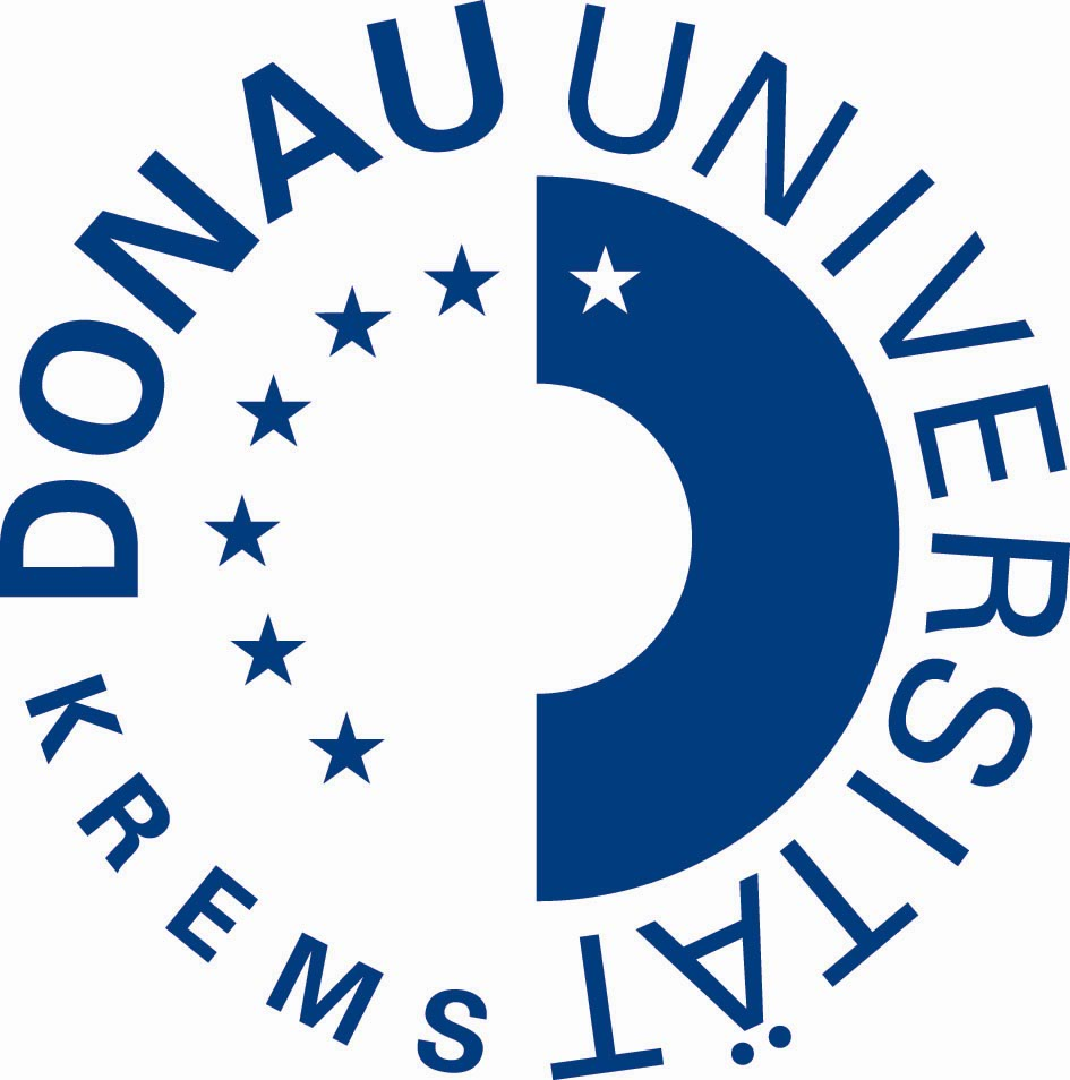| Sun | Mon | Tue | Wed | Thu | Fri | Sat |
|---|---|---|---|---|---|---|
| 1 | 2 | 3 | 4 | 5 | 6 | 7 |
| 8 | 9 | 10 | 11 | 12 | 13 | 14 |
| 15 | 16 | 17 | 18 | 19 | 20 | 21 |
| 22 | 23 | 24 | 25 | 26 | 27 | 28 |
| 29 | 30 |
Case Studies
To support and inform the process of course development, appr. 16 application oriented case studies are conducted. Such location specific case studies are broadly missing in the Indian context and urgently needed as a basis for course development.
Coached by the respective experts from European HEIs, each of the Indian partners will conduct 4 different case studies.
These case studies will investigate specific questions related to informal housing in the target regions. They may vary therefore considerably in both focus and scope and may target issues as diverse as:
- Situation and needs of street vendors
- Temporary and circular rural to urban migration streams and the housing needs arising from them
- Options for support of non-motorized traffic in informal settlements
- Security in informal public spaces, especially for women
- Housing temporary construction labourer
- ….
Case studies’ results can come in a broad variety of forms such as open access research papers and (e-) books, as well as teaching videos, documentaries, weblogs and podcast series.
European partners will consult and peer review Indian researchers along their lines of expertise outlined in WP 1.
While conducting the case studies, researchers will seek collaboration with the stakeholders of the respective case.
European partners will develop the specification for the respective case studies, and provide methodologies and research tools. European partners may collaborate in conducting case studies.
The scientific findings of the case studies will be used for a joint publication.

